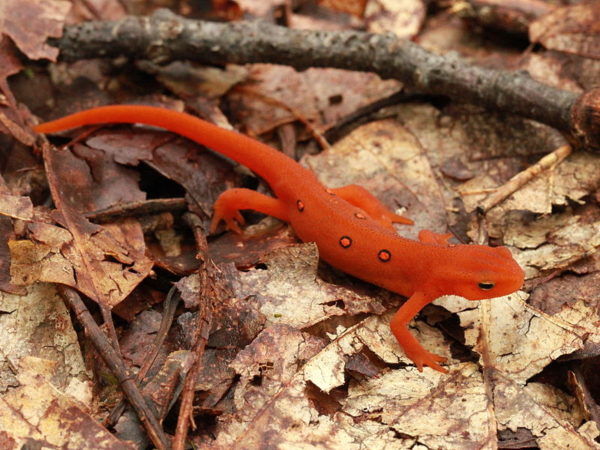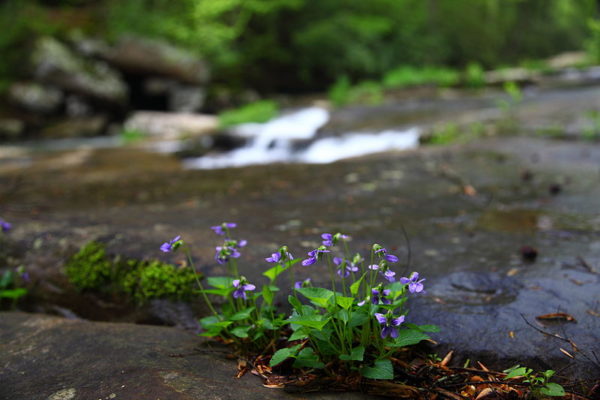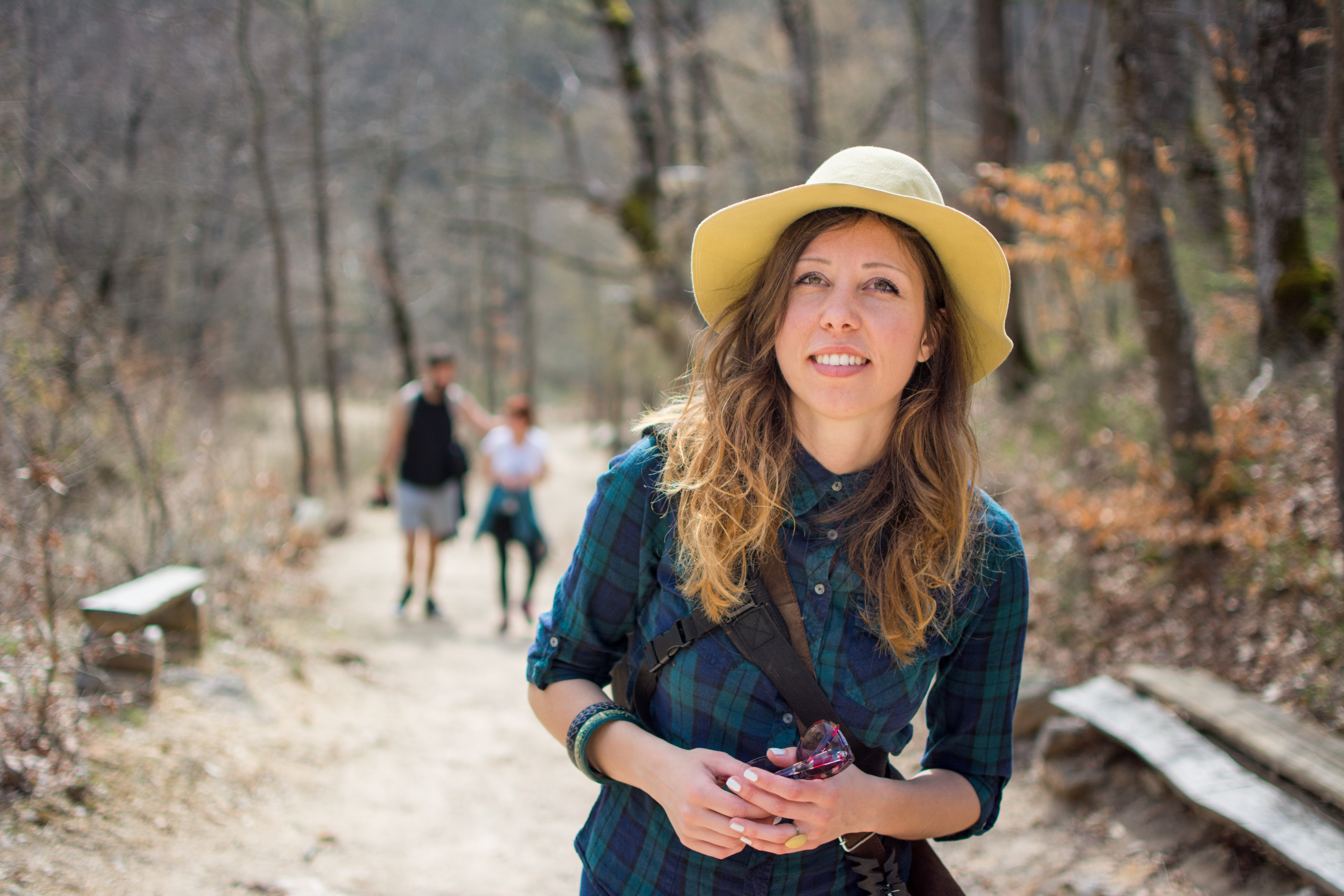From 1984 to 2003, the West Virginia Division of Natural Resources (WVDNR) Wildlife Diversity Unit sponsored a very popular non-game Wildlife Weekend held every June at Blackwater Falls State Park located in Tucker County. This family-orientated event featured wildlife classes and half and full-day field trips along with guest speakers and activities. The entire weekend was devoted to the non-game wildlife and botanical resources found throughout the state. When this program ended, another program was created to take its place. Thus, the West Virginia Master Naturalist Program was born.

The majority of states throughout the country have their own master naturalist programs. Many are modeled after the highly successful master gardeners programs. The first West Virginia Master Naturalist weekend was held in 2004 at Hawk’s Nest State Park with a class of 20 students. During this early stage of the program, weekend classes continued throughout several West Virginia state parks. When they were finished with their coursework, many of the original students used their required volunteer hours to create new local master naturalist chapters throughout the state.
The mission of the West Virginia Master Naturalist Program is to train interested people in the fundamentals of natural history, nature interpretation and teaching and to instill in them an appreciation of the importance of responsible environmental stewardship. The program also provides a group of highly qualified volunteers, which assists government agencies, schools and non-government organizations with research, outdoor recreation development and environmental education and protection.
Along with the WVDNR Wildlife Resources Section, the Master Naturalist Program is also supported by several other cooperating partners, including Davis & Elkins College, West Virginia State Parks and the West Virginia University Extension Service. Other institutions and agencies sponsor local master naturalist chapters, such as The Good Zoo/Oglebay Park (Ohio Valley Chapter), Friends of the 500th (Canaan Valley Chapter), Potomac Valley Audubon Society (Potomac Valley Chapter), Davis & Elkins College (Tygart Valley Chapter) and New River Community and Technical College (New River Chapter). As the program continues to grow, more agencies will most likely sponsor new chapters.
The Master Naturalist Program features classes, which are taught by experts in their respective fields. Many instructors are current and retired and professors that have taught at local state colleges and universities along with graduate students who are proficient in their field of study. Professional biologists working at state and federal natural resource agencies and extremely knowledgeable citizen scientists are also frequent instructors.
Anyone over the age of 16 may participate in this program. Master naturalist training is handled through local chapters. A few classes that count toward certification or re-certification are offered during the annual meeting/conference weekend each year. Training from other source, such as college classes and various workshops may also qualify for credit. In order to get credit for the program, these outside classes or workshops need to be approved by the Master Naturalist Advisory Committee. Classes may be held on weekends or evenings during the week. The exact class schedule varies from chapter to chapter.

ForestWander.com
To become certified, a student must successfully complete 64 hours of classroom and field experiences plus 30 hours of approved volunteer service. Successful completion of a class simply involves attending and participating in all classes—there are no exams or grades. This coursework, coupled with volunteer work, allows master naturalist students to increase their knowledge and appreciation of the natural world, be more aware of the state’s unique flora and fauna and encourages effective environmental stewardship. The program also creates a pool of knowledgeable volunteers to educate others to assist in natural history-related projects and research.
Core courses include: Amphibians and Reptiles, Aquatic Habitats, Birds, General Ecology, Habitat Improvement for Wildlife, Insects Spiders and Such, Mammals, Names Classification and Identification, Nature Interpretation and Teaching, Recording Sharing and Preserving What You Learn, Terrestrial Habitats, Trees Shrubs and Woody Vines, Weeds and Wildflowers and Wetland Habitats.
To maintain an active status, a master naturalist must complete a minimum of eight hours of advanced coursework and 16 hours of volunteer activities each year.
The activities and interests of a master naturalist are extremely diverse and may include maintaining nature trails; assisting biologists with wildlife related research and wildlife surveys; helping with the removal of invasive species and giving presentations at schools and organizations such as garden clubs, 4-H centers and boy and girl scout groups.
The program has a State Advisory Committee, and all instructors and students operate under a recommended Standard of Conduct and Ethics.
To find out more information about the WV Master Naturalist Program, please visit: www.mnofwv.org.

